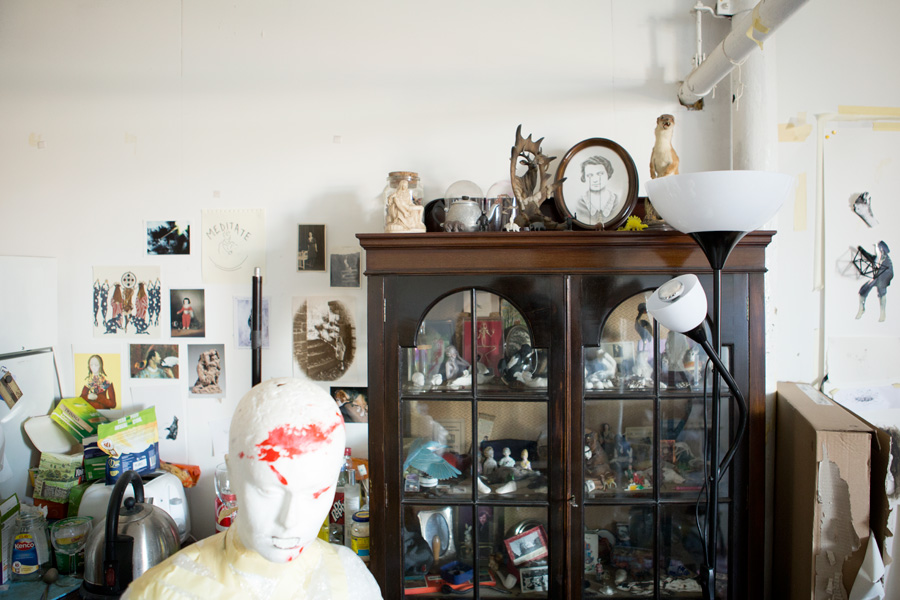On this page we introduce you to some of the people who make Islington Mill tick – board members, Custodians, staff & more. Four questions each to get to the bottom of what the Mill means to them, what inspires them, and more… Read on and enjoy!
Maurice Carlin, Custodian
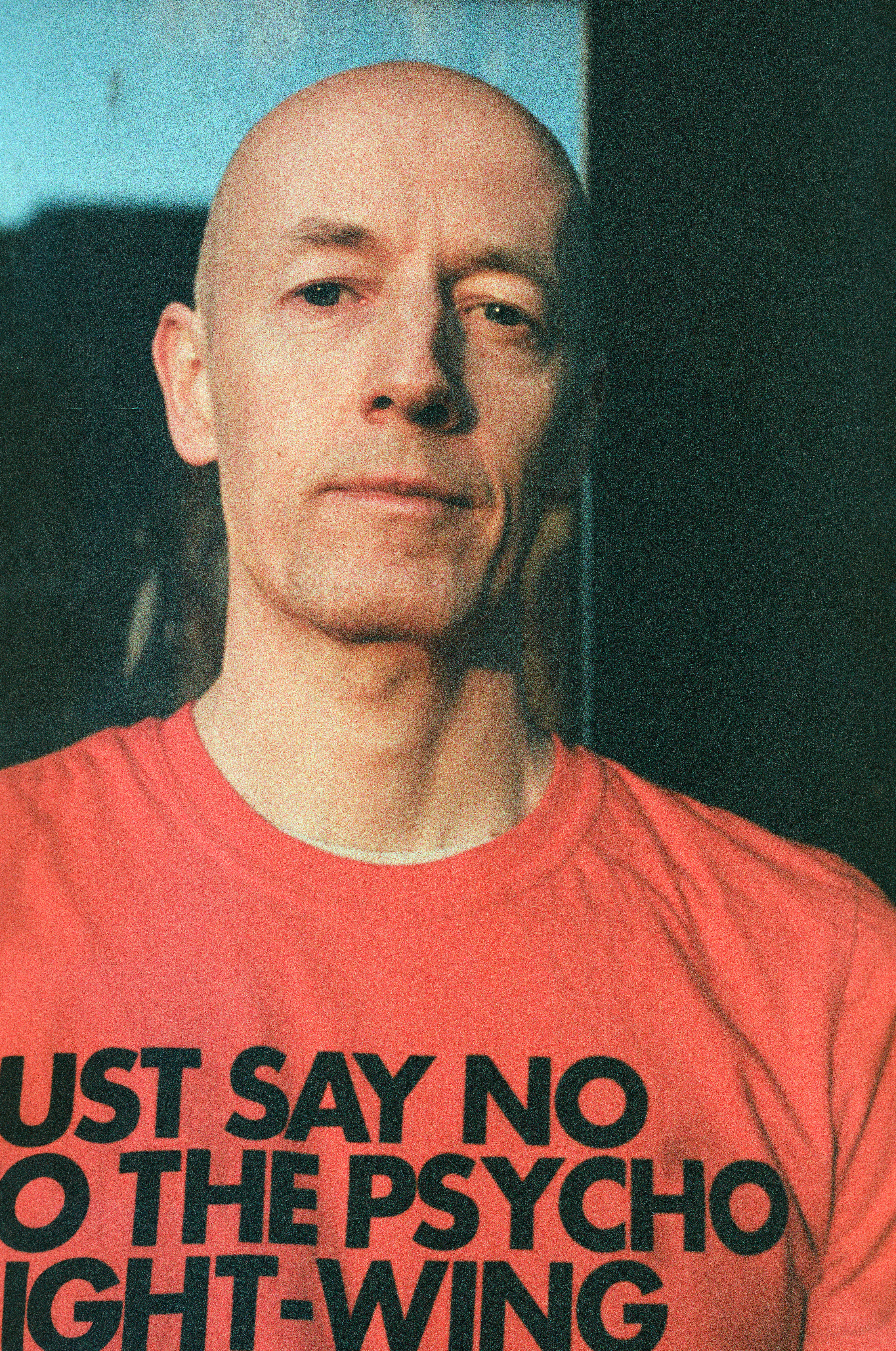
What’s your relationship with Islington Mill and can you describe what the Mill means to you?
I’m a founding director and have played a part in the Mill story since 2003. I try to bring an artist’s perspective to everything that we do. Like many people at the Mill, I don’t have a formal job title, however, I get involved with many aspects of our work, from hosting artists and guests in our B&B, to producing an artwork to raise match-funding for our new roof. I’m not paid for my role here but I receive many benefits from being part of such a supportive and generous community.
For me the Mill represents hope in the possibility of another kind of world. I see people care for and trust each other in a way that I don’t often witness in the world at large, and I see a willingness to explore other ways of doing things. The ecology of the Mill is one which is held in a dynamic interplay between the care and support of a safe space and the encouragement to stretch and try out new and untested forms and approaches.
What’s a memorable experience that the Mill has made possible for you?
In 2007 I led the formation of Islington Mill Art Academy, initially as a response to the introduction of tuition fees, but it became an experiment in educational self-organisation. The result is a constantly evolving entity which governs and sustains itself. The people who are there at any one moment decide on the activity, structure and direction of the school. There is no distinction between student and tutor, everyone is engaged in learning together. There is no application process or graduation. People leave when they feel ready to, it is based on a willingness to be there for the time that you are there. I’m proud to say that our experiment led the way for many subsequent alternative self-education projects responding to the current questions around mainstream arts education.
What does the ideal future of Islington Mill look like to you?
My vision is a step-change in how artists acknowledge and reframe their role in the 21st century – from isolated freelancers to artist-custodians and shapers of a cultural ecology, alongside a diverse range of stakeholders, participants and audiences. I would like to see the Mill enable a new wave of artistic-leadership and to become a model for a cultural environment that is open, transparent, and co-owned across physical spaces and activities, as well as the digital realm.
What/who is currently influencing your work or your thinking?
I’m currently reading ‘Negotiating Culture‘ a series of case studies in cultural heritage and social ownership, from contests over tangible artefacts such as Native American human remains through to more abstract forms of culture such as language and oral traditions, to current studies of DNA and genes that combine nature and culture.
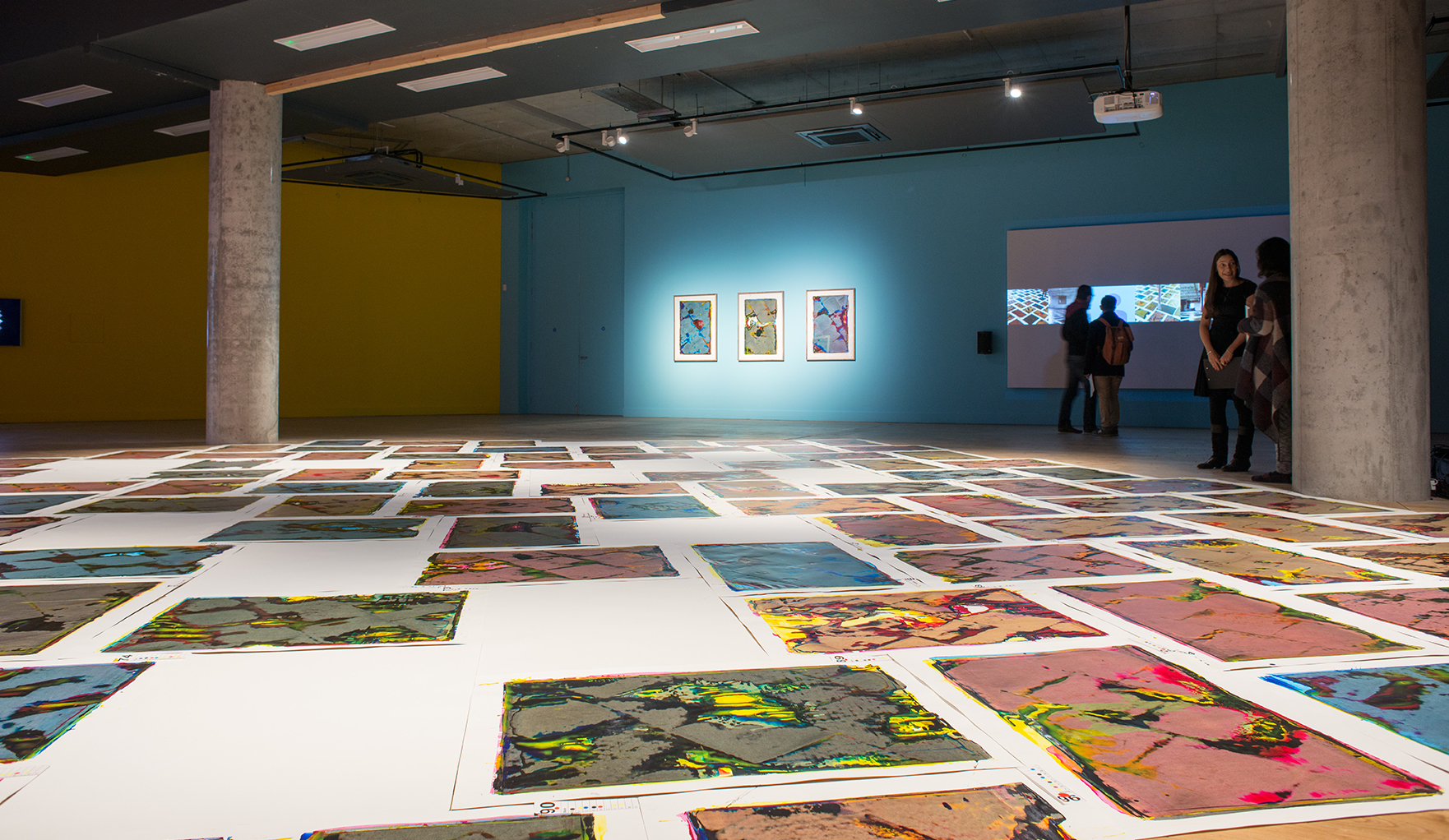
Rachel Goodyear, Custodian

What’s your relationship with Islington Mill and can you describe what the Mill means to you?
I am a visual artist based in the studios at Islington Mill and more recently have become a Board member and a Temporary Custodian. I have memories stretching right back to the early days of the Mill. I have met so many incredible people who have passed through its doors and have witnessed physical changes to the building itself, and the development of communities here.
The Mill is at the heart of my art practice. It’s the place where I make work in my studio before exhibiting in the UK and internationally, but the Mill provides much more for me than just a pleasant production space. The Mill is not limited to one particular artistic field, resulting in an environment where ideas can be shared and can grow with many perspectives. This has been a big contributing factor to the way I work, how I communicate with others and how I think creatively. Here I have both a studio where I can work privately and uninterrupted, and then step out of my room into a community where I can be actively involved and collaborate in many different ways.
What’s a memorable experience that the Mill has made possible for you?
There are so many. My involvement with the ‘Mill on Tour’ events in particular opened new doors for me. Over the years a number of individuals associated with the Mill have come together to create group residencies which aim to take an essence of Islington Mill on tour to other UK cities and abroad. Each of these experiences helped me to have extended stays in places like Berlin, New York and London where I could find valuable inspiration for my own artworks, whilst collaborating with others and establishing new creative networks.
Each residency has contributed to new developments in my practice and has seen me collaborate in new ways that I hadn’t even considered before, reminding me that the Islington Mill community extends far further than just its brick walls.
What does the ideal future of Islington Mill look like to you?
My dreams for the Mill’s future build upon its values of community, creative confidence and a sense of ownership and involvement for all who practice and visit here. The culture of generosity, and of welcoming new people and new ideas is already strong and has evolved through a sense of trust and shared experiences.
I am excited by the plans for the refurbishment of the Mill building, presenting a whole new set of spaces that can bring in even more creative perspectives and open up opportunities for all kinds of vibrant and diverse programming. My ideal future for the Mill would see its values of openness and encouragement expand and realise the potential of this ethos, developing a new creative model that can be shared further afield.
What/who is currently influencing your work or your thinking?
This past year has seen events both tragic and optimistic, whilst the political climate has brought in dramatic shifts and repercussions, all of which has inevitably been influencing my thoughts.
I am also thinking a lot about change, and how personally and collectively this can be responded to with fresh approaches. This is partially influenced by the transforming landscape outside my window and also recently shifting my own practice into new realms.
Mark Carlin, Custodian

What’s your relationship with Islington Mill and can you describe what the Mill means to you?
I arrived at Islington Mill in 2004 and very soon became whole-heartedly engaged in everything that was going on here. I’ve always had a deep love for music which led me to open a recording studio on the ground floor of the Mill. Before that was even completed, I had already begun thinking of other possibilities for the large open space next door. Together with a group of people who were based at the Mill, we slowly set about clearing out this space which then became the Mill’s home for events, concerts, clubs, parties and all manner of social and creative happenings.
During my time at the Mill, I’ve levelled concrete, written business plans, managed building projects, made some best friends, had life-changing experiences, and been supported and challenged all the way along. That to me sums up the essence of what is special about Islington Mill – so much is possible, so much is exchanged and passed on, and so many people walk in with one idea and out with another.
I now serve as one of the Directors of Islington Mill Arts Club. Over the past few years I’ve had the privilege of working on event curation and production involving a host of international artists and their ideas, including via festivals such as FutureEverything and Manchester International Festival. The energy, urgency, warmth and friendliness of the Mill constantly amazes me when I return through its doors.
What’s a memorable experience that the Mill has made possible for you?
In 2005, I set up Sounds From The Other City Festival, along with my brother and fellow Mill Director, Maurice. What began as a modest idea to host a small, multi-venue, one-day music event along Islington Mill’s neighbourhood of Chapel Street, has developed over the past 13 years into one of the North West’s best-loved alternative arts events, with hundreds of participating artists and thousands of audience members attending over the May Day Bank Holiday.
Each year, musicians, DJs, artists, promoters, programmers and curators come together to develop ideas and create what has become a truly magical experience. From plays in abandoned car parks to future pop stars performing in pubs, every year never fails to excite and inspire me and it just wouldn’t have been possible – and still wouldn’t be possible – without the close-knit community and sense of possibility that resides in, around and allied to Islington Mill.
What does the ideal future of Islington Mill look like to you?
I’d love to see an Islington Mill that continues to grow and provide opportunity to as many people as possible. I’d love to see a more diverse group of people attempt even more ‘impossible’ feats and for some of those to turn into incredible personal and cultural successes. I’d love to see the little victories continue to be celebrated as well as plenty of space left open for failure and for things going wrong. I believe in spaces that try to offer something that doesn’t already exist and that can challenge accepted norms along the way. I hope that the sense of warmth, friendliness and community that exists here continues to grow.
What/who is currently influencing your work or your thinking?
I’ve been reading Michael Talbot’s book ‘The Holographic Universe’ and dipping in and out of accompanying reading. At school I paid little attention to science or spirituality but recently they’ve become areas of increasing fascination. Understanding the ebbs and flows of the planet and its inhabitants’ energy occupies a lot of my thinking these days.
Bill Campbell, Custodian

Erika Rushton, Fundraising & Cultural Land Trust
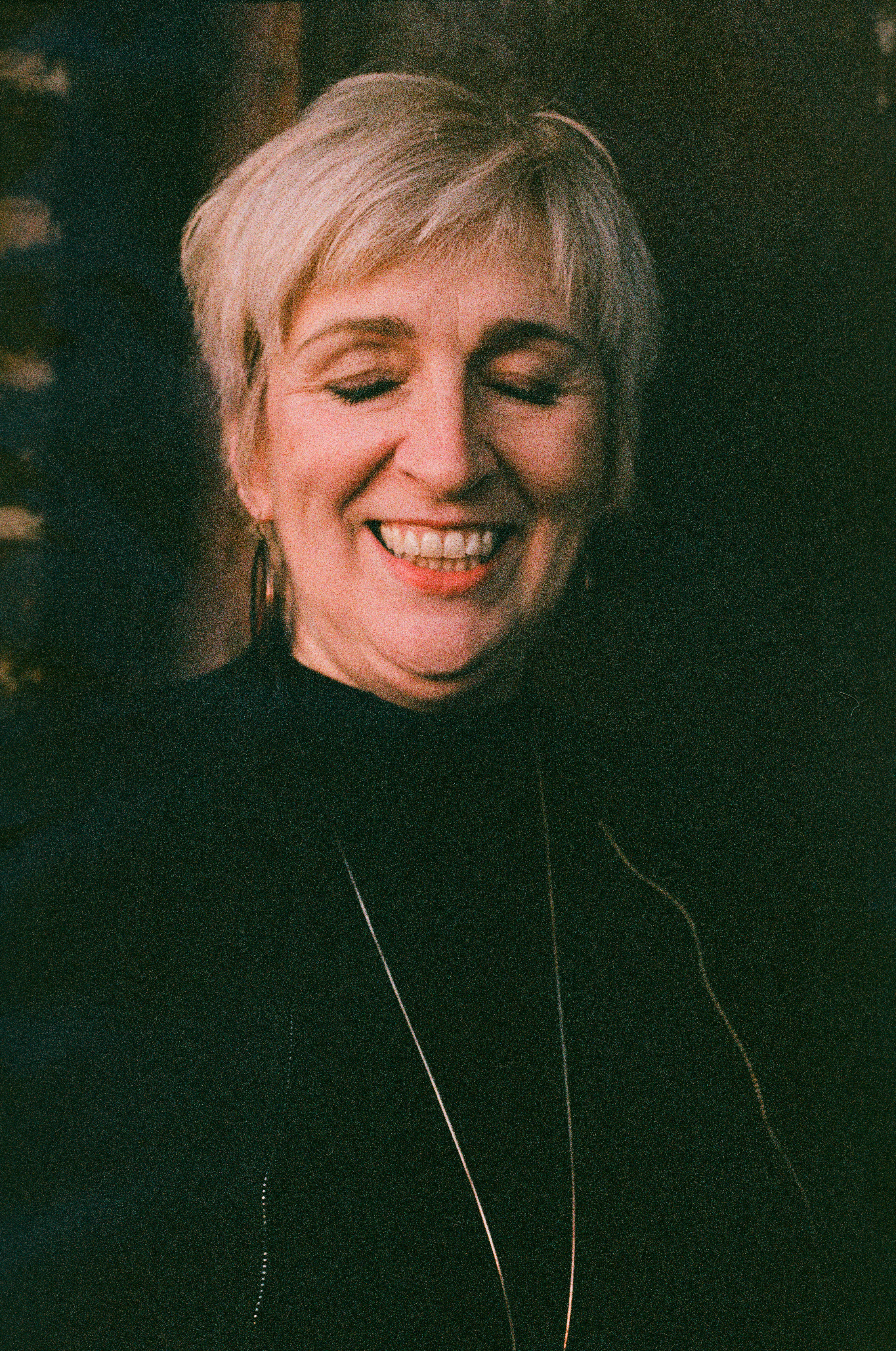
Sarah Perks, Board Member
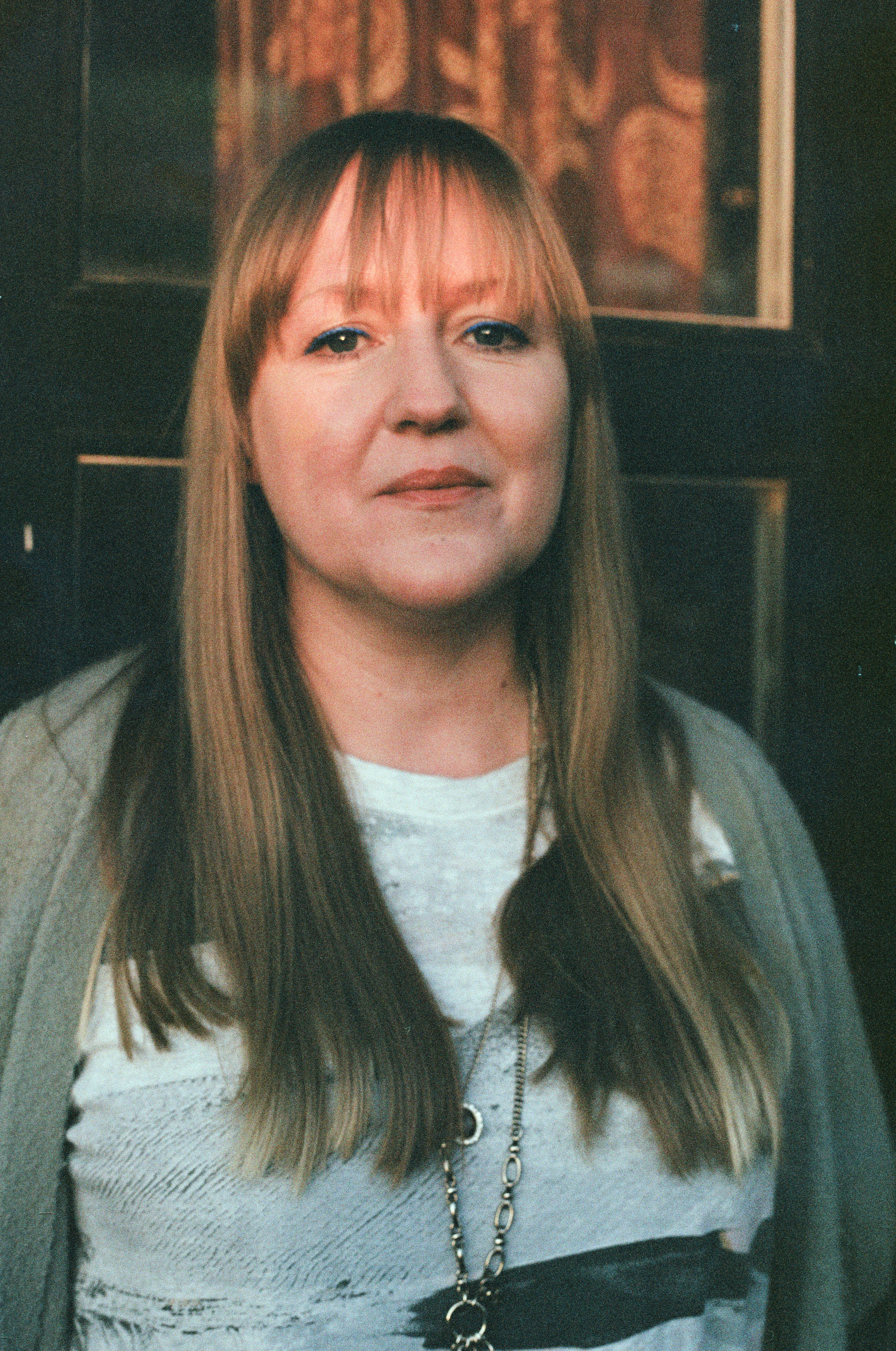
Richard Gregory, Board Member
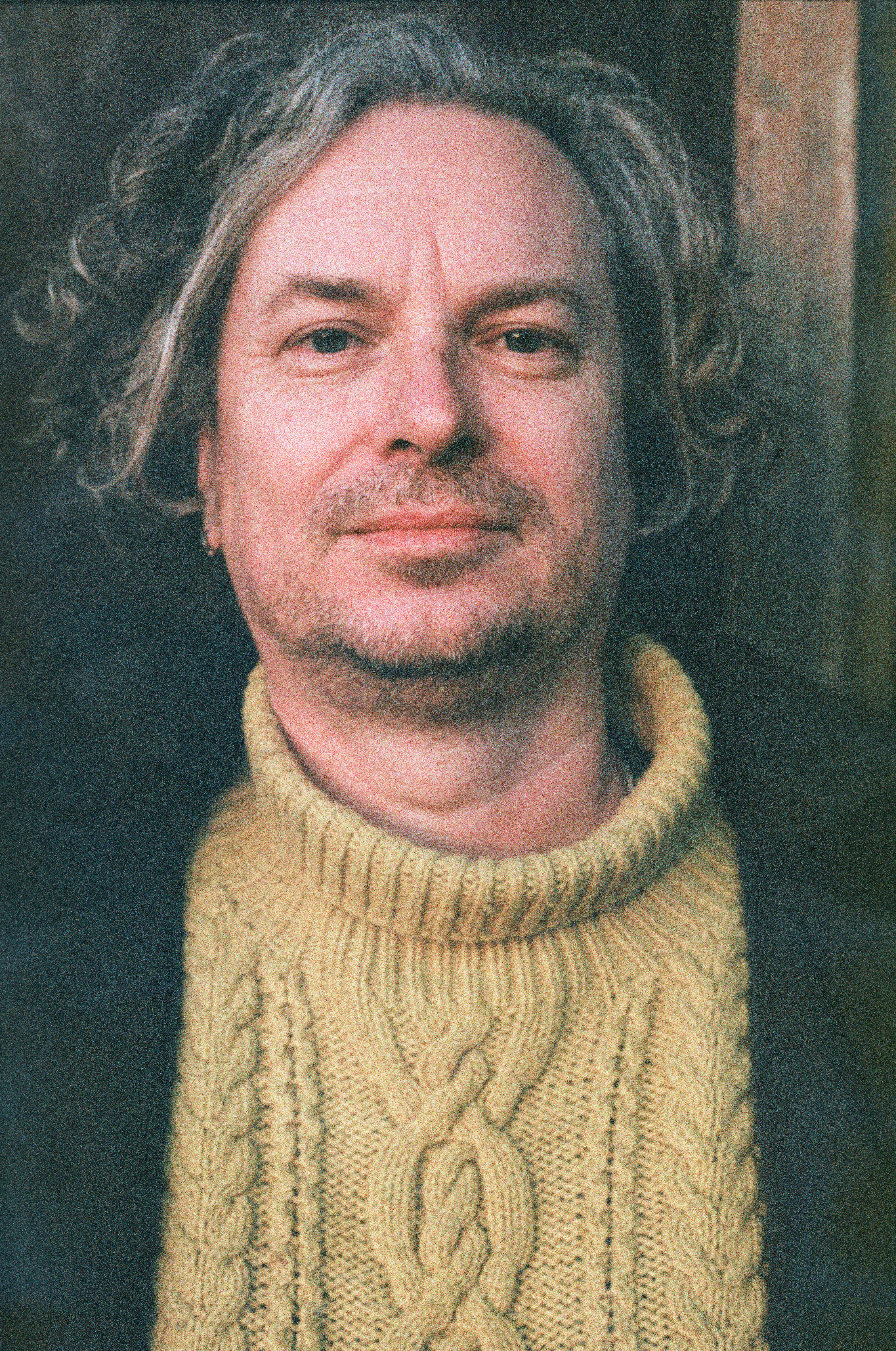
Allan Melzack, Board Member

Verity Gardner, Board Member
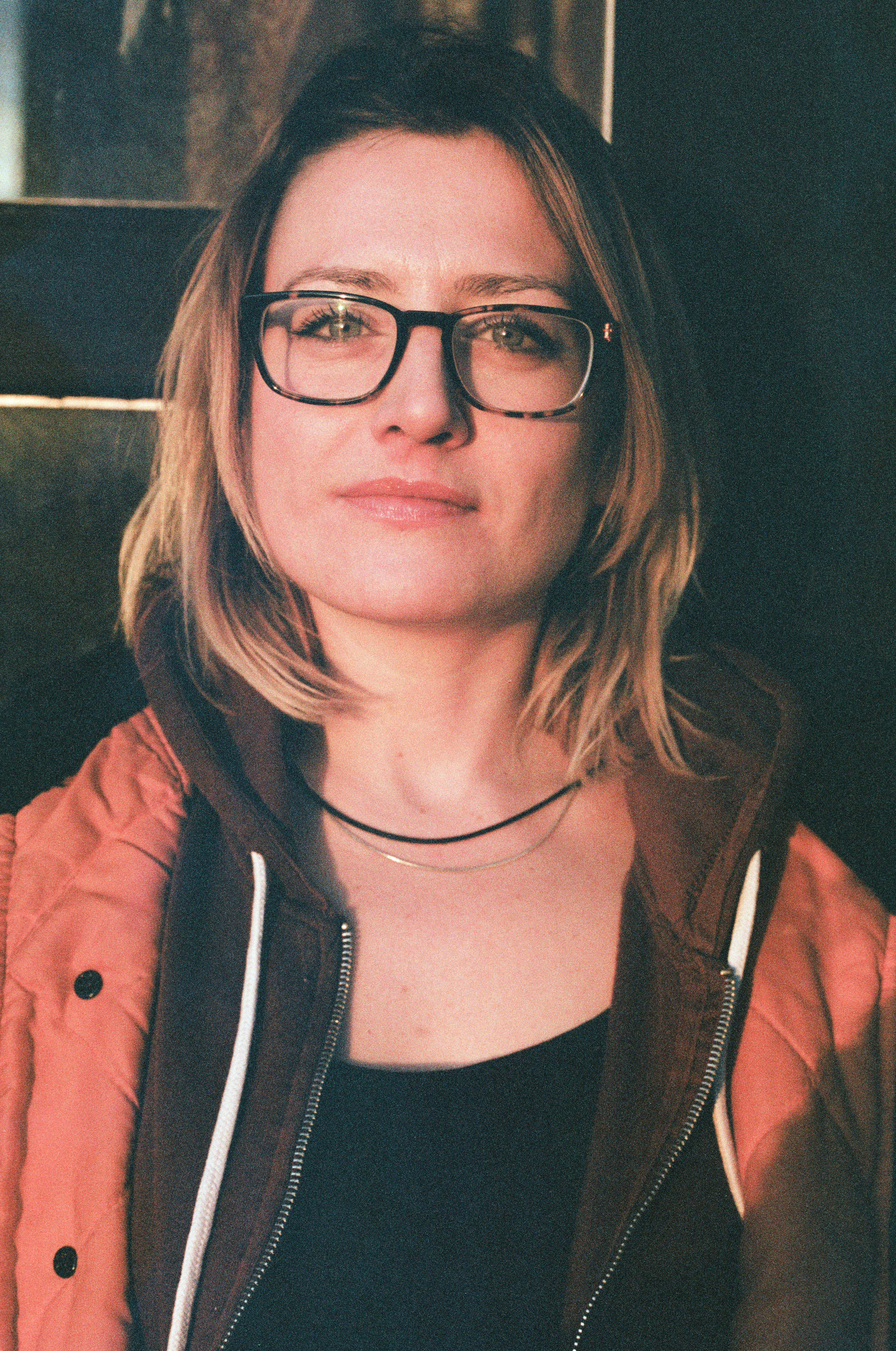
Lucy Duggan, Board Member
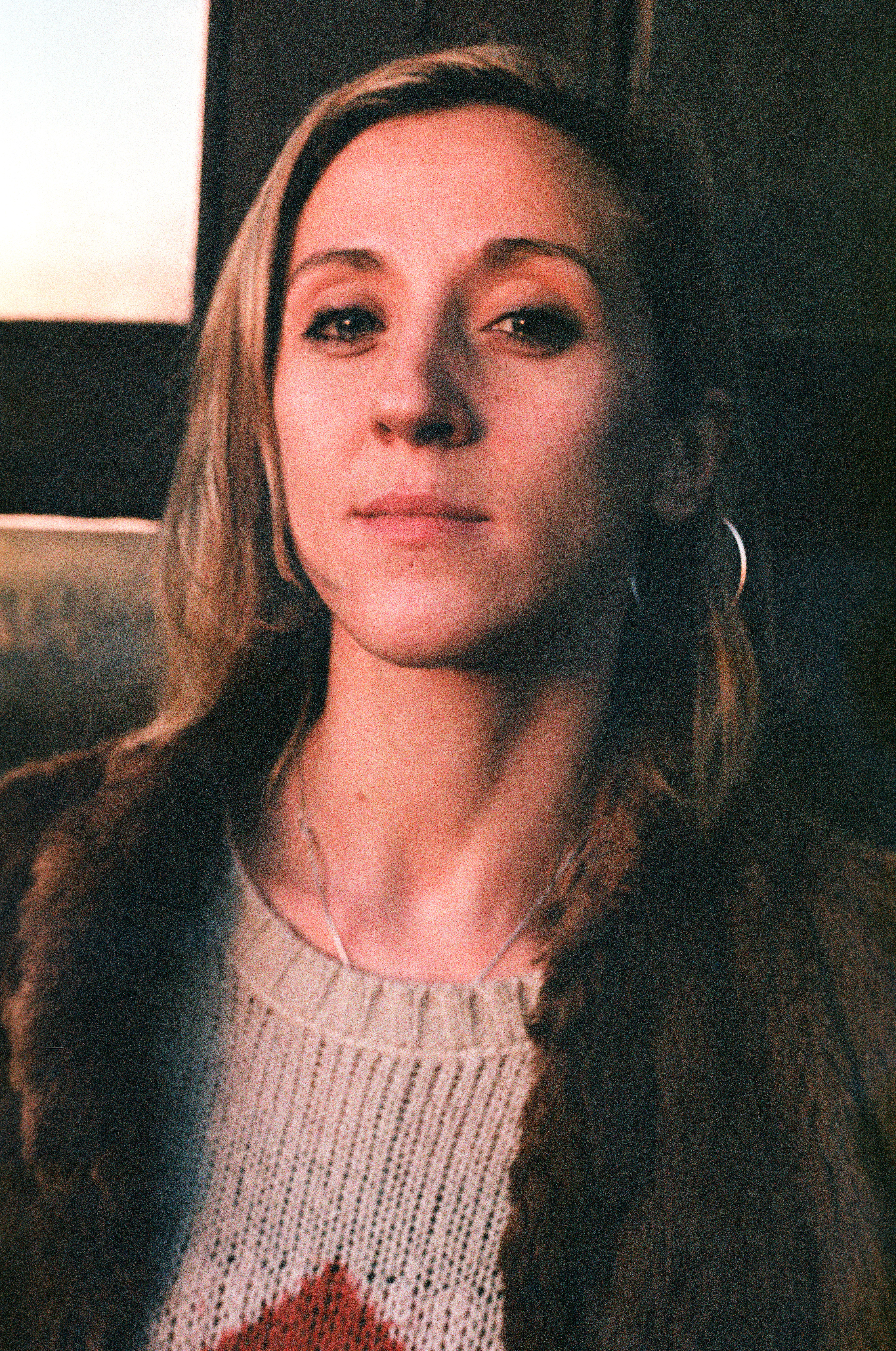
Rivca Rubin, Board Member
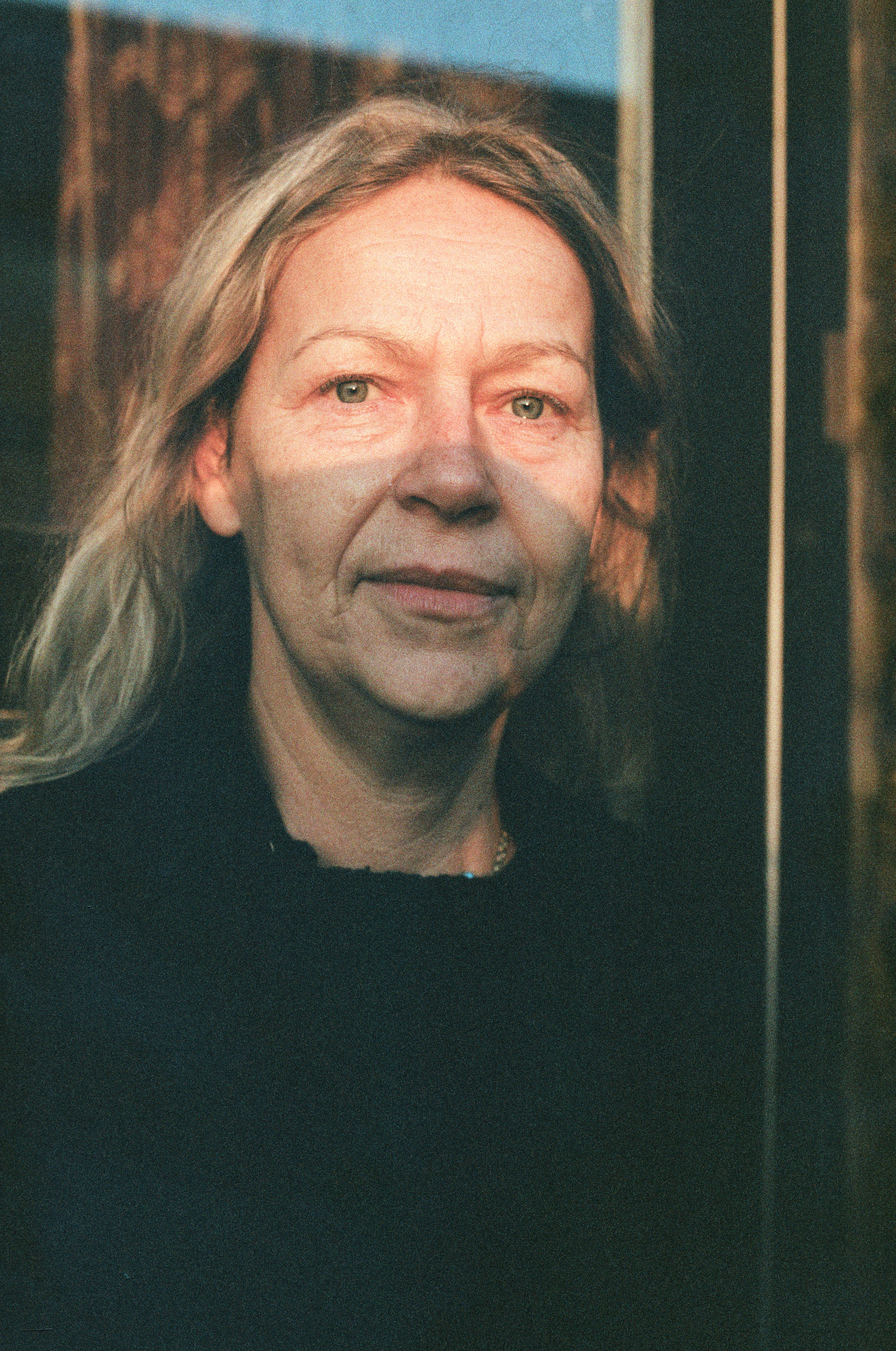
Khalil West, Board Member
Nasheed Faruqi, Board Member
Joanne Byrne, Chief Financial Officer
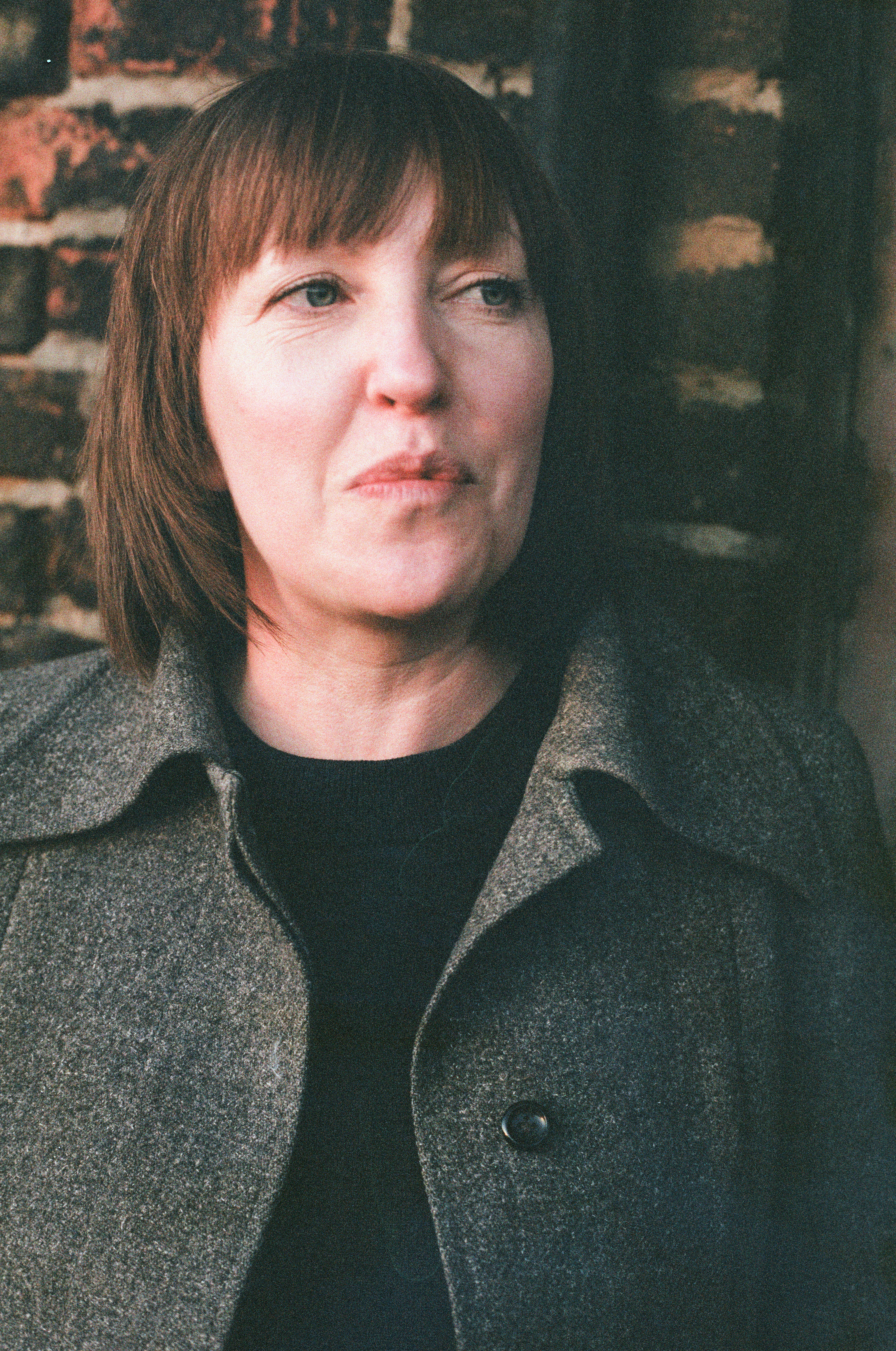
Stina Puotinen, Studio Manager & Visual Artist
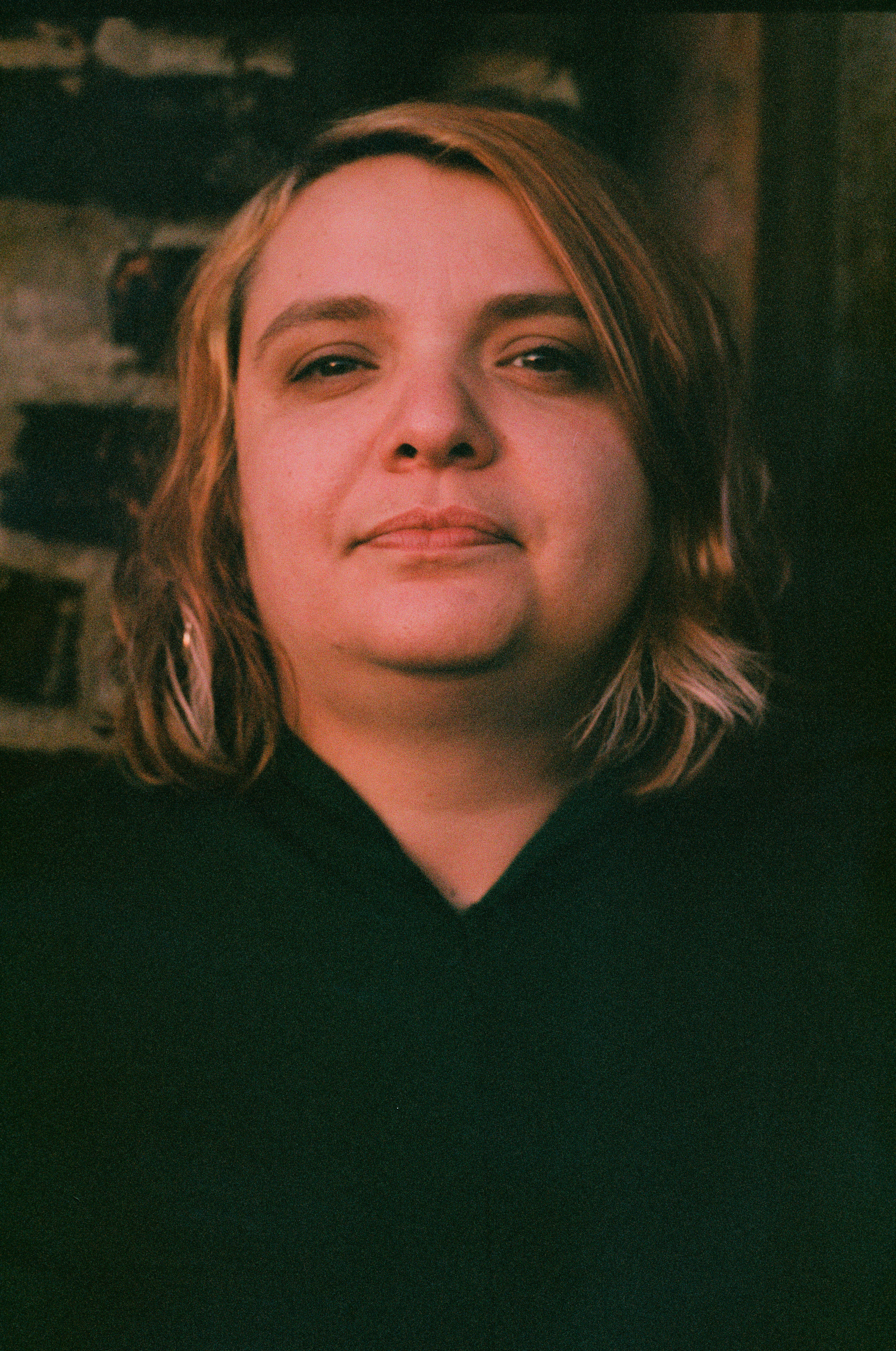
Alex Wilson, Caretaker & Musician











